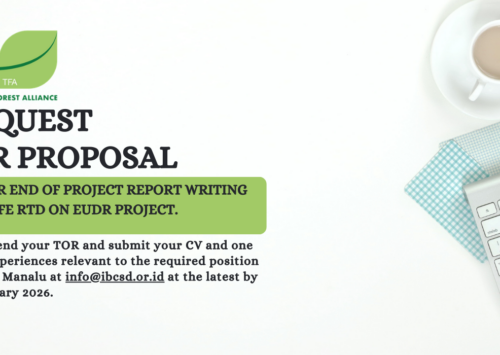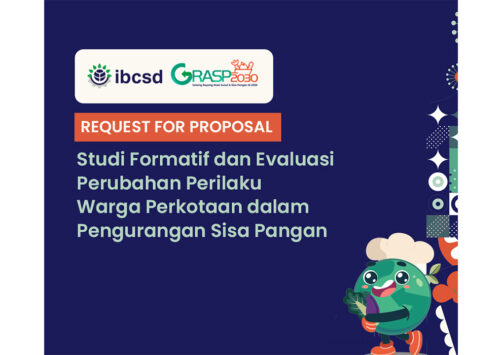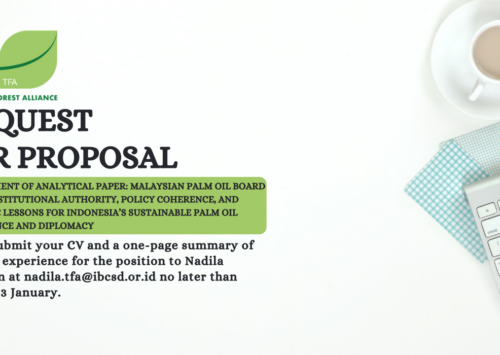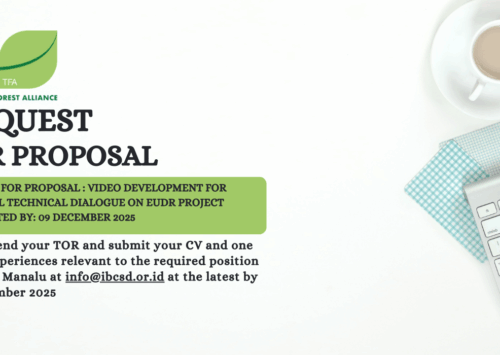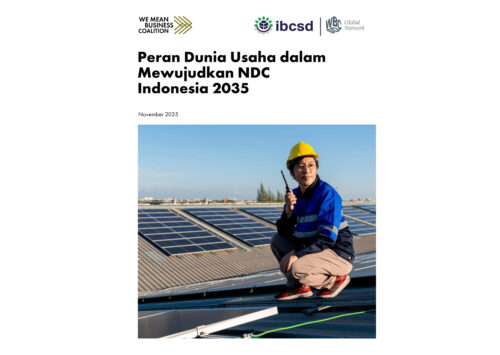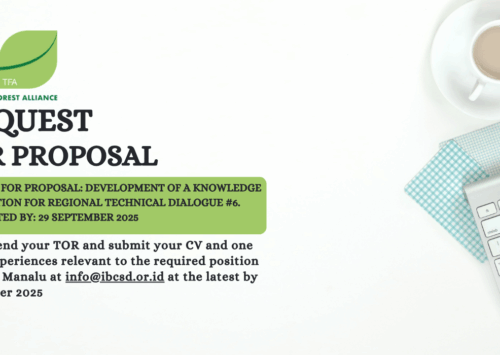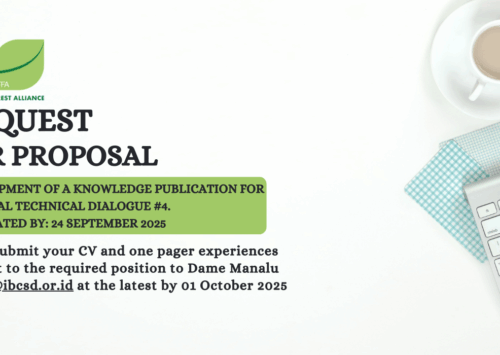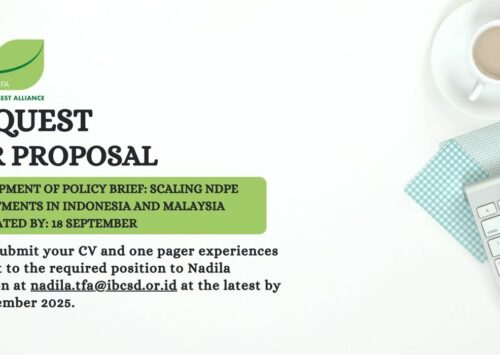In his remarks, Ir Medrilzam, Director of the Environment of BAPPENAS, conveyed the importance of changing the mindset of all parties, from upstream to downstream. Production is not only focused on increasing productivity but also efficiency. In the case of FLW, the public as consumers are encouraged to be wiser in their consumption in order to reduce food wastage. BAPPENAS encourages the G20 and T20 to be used as a momentum for knowledge sharing as well as providing innovative ideas for various policies, both at global and national levels.
In the dialogue, Prof. Dr. Ir. Dominicus S. Priyarsono from IPB University stated that the lack of FLW data in Indonesia implies that there is no awareness and priority in overcoming this problem. Furthermore, he said that in international collaboration, what needs to be encouraged is efforts to reduce food rejection related to quality control and food safety. It is as important as overcoming non-tariff handling barriers and encouraging public and private coordination.
Dr. Andriko Notosusanto explained that global food competition was a challenge in itself. In Indonesia, mutual cooperation to overcome FLW is an important thing that needs to be done considering the large amount of food needed by a large population.
Other food wastes handling efforts that need to be done include strengthening communication between activists and donors, strengthening Focus Group Discussions for the preparation of regulations, making MoUs with various parties, facilitating food waste reduction, education; and database preparation studies so that the reduction target becomes clear.
Another thing that was later conveyed by M. Agung Saputra, Managing Director of Surplus Indonesia, was that Surplus was a community that initially combined sustainability and technology with the tagline “Save Food, Save Budget, Save Planet”, which created an innovative program for entrepreneurs who had leftover food to sell at half price. Surplus, which is part of the GRASP 2030 Steering Group member, acts as one of the solutions to tackle food waste in Indonesia.
Angelique Dewi, Head of the Corporate Communication Division of Nutrifood Indonesia, who is also a member of the GRASP 2030 Steering Group, explained that Nutrifood Indonesia carries out various activities that can adopt the 3 pillars, people, profit, and planet. Another thing that underlies efforts to reduce food loss and waste is their conducting food loss management in collaboration with six foodbanks in Indonesia. She added that reducing food loss and waste needs to pay attention to the health factor of processed food. It is also necessary to jointly educate the public in an effort to reduce food loss. Collaboration can be enhanced through GRASP 2030, which bridges the private sector and other organizations to overcome food loss and waste.
